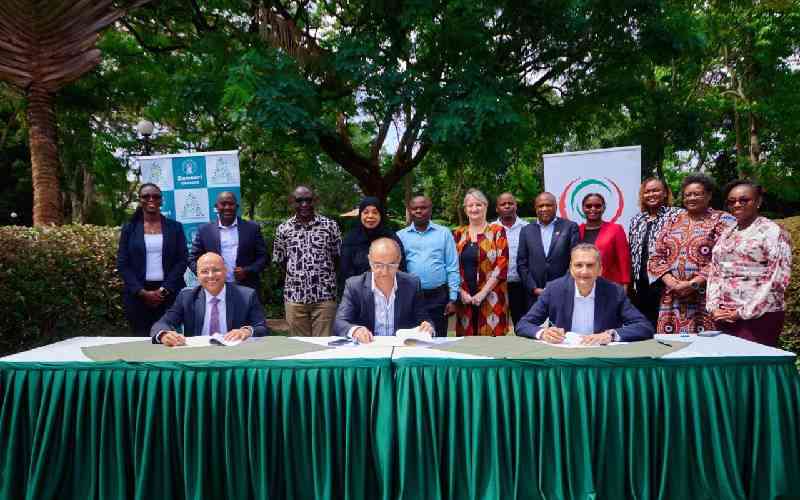
Patients diagnosed with autoimmune disorders are permanently scarred by the horror of their bodies attacking themselves.
And as if this is not bad enough, insurance companies are unwilling to lessen the financial burden that comes with managing these conditions. For many who suffer from these conditions, the struggle to live is a double tragedy
Autoimmune diseases are on the rise globally, and for many countries, the growing number of patients makes this poorly understood category of disease a public health crisis.
Facts First
Unlock bold, fearless reporting, exclusive stories, investigations, and in-depth analysis with The Standard INSiDER subscription.
Already have an account? Login
 The Standard Group Plc is a multi-media organization with investments in media
platforms spanning newspaper print
operations, television, radio broadcasting, digital and online services. The
Standard Group is recognized as a
leading multi-media house in Kenya with a key influence in matters of national
and international interest.
The Standard Group Plc is a multi-media organization with investments in media
platforms spanning newspaper print
operations, television, radio broadcasting, digital and online services. The
Standard Group is recognized as a
leading multi-media house in Kenya with a key influence in matters of national
and international interest.











